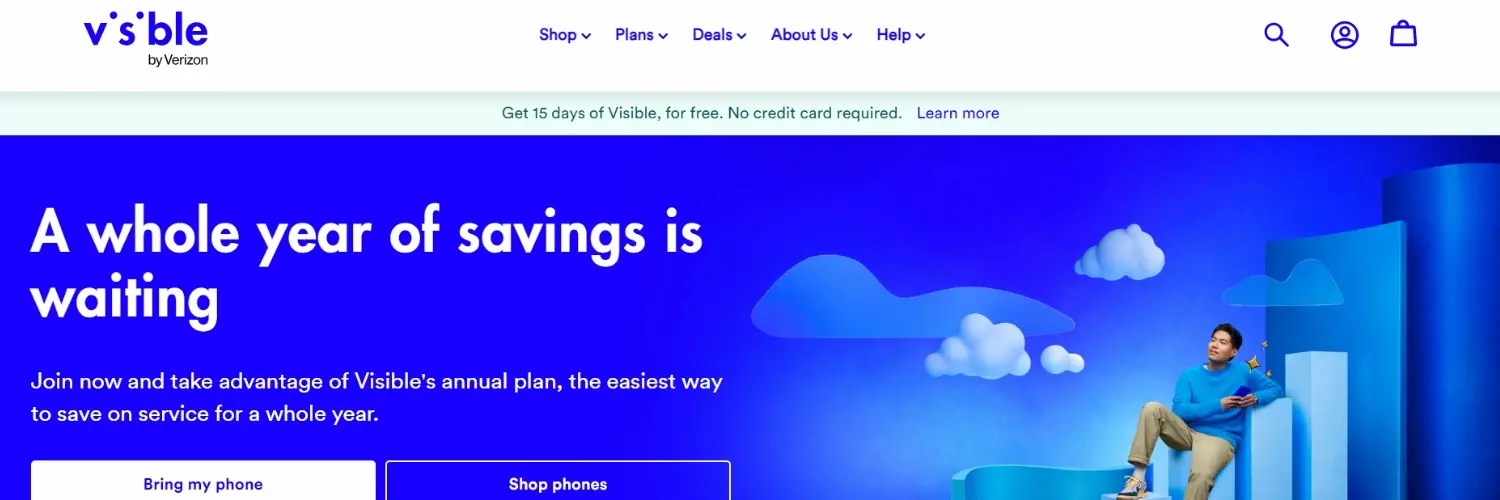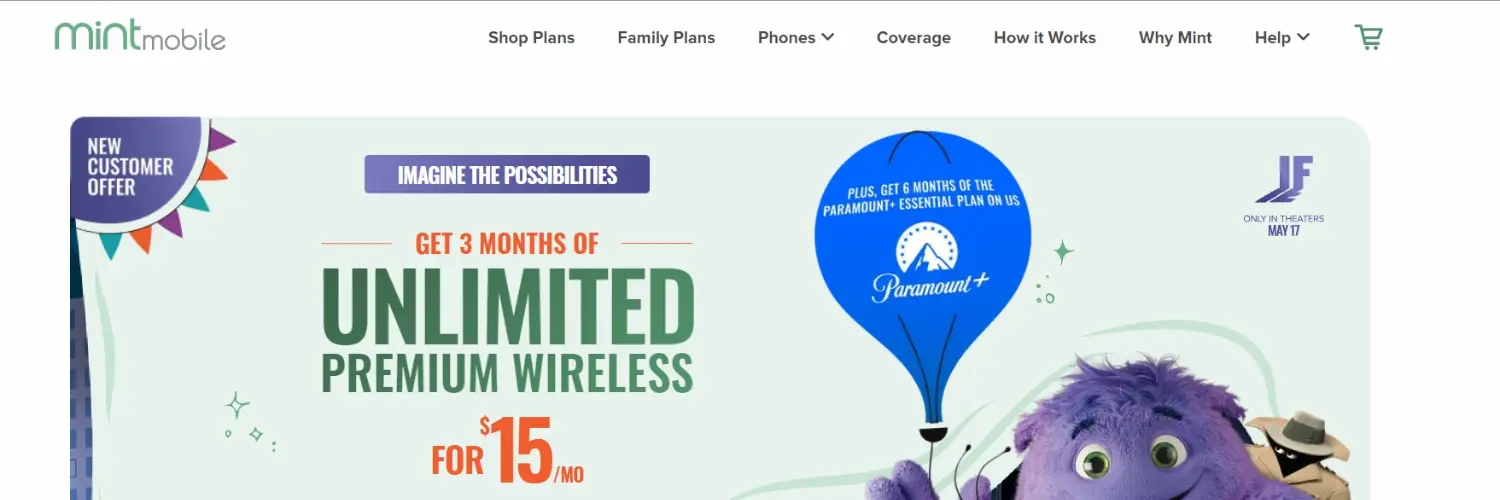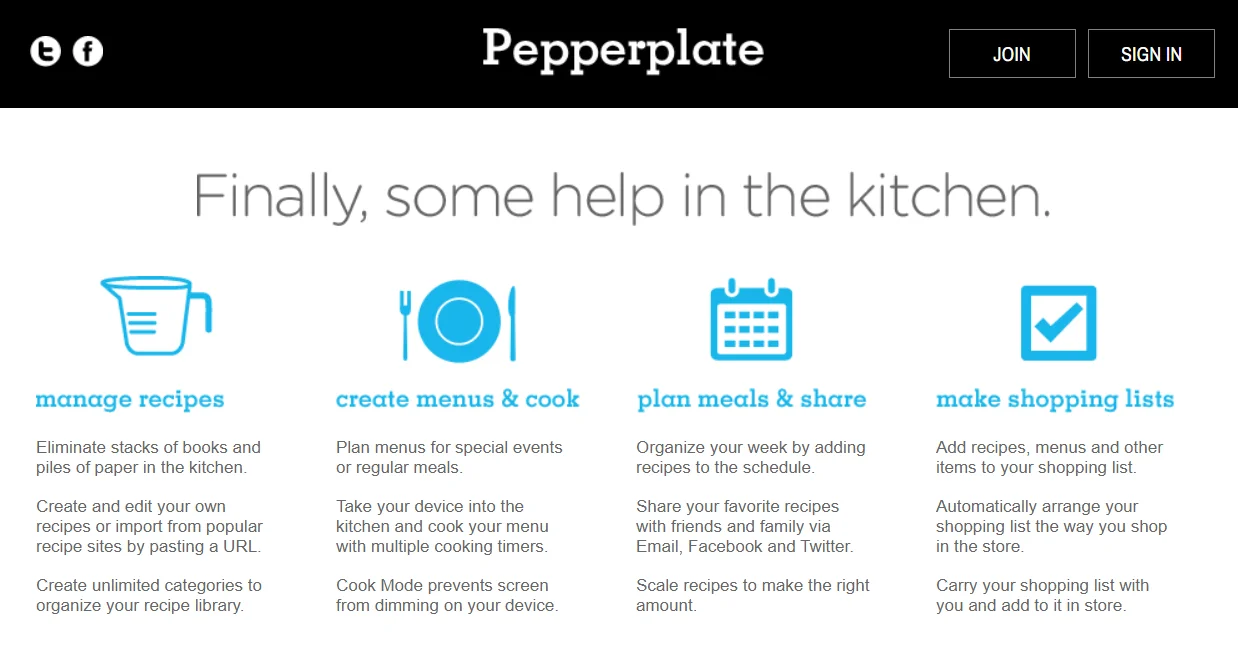Brief overview
Mercado Libre is a leading e-commerce platform in Latin America, founded in Argentina in 1999 by Marcos Galperin. Since its inception, the company has experienced tremendous growth and has expanded its operations to 18 countries across the region.
Mercado Libre has become a dominant force in the Latin American e-commerce industry, offering a wide range of goods and services to consumers. The platform provides a convenient and reliable marketplace for buyers and sellers, contributing to the region's digital economy. Its success can be attributed to its secure payment system, user-friendly interface, and extensive logistics network, making it a popular choice for online shopping in Latin America.
With its strong presence and widespread popularity, Mercado Libre has emerged as a key player in the region's e-commerce landscape, shaping the way business is conducted and contributing to the growth of the digital economy in Latin America.
History of Mercado Libre
Mercado Libre, founded in 1999 by Marcos Galperin in Argentina, has become the leading online marketplace in Latin America. Initially starting as an online auction system, the company quickly expanded into a variety of e-commerce services, including a fixed-price marketplace, online classified advertisements, and online payments. As the company continued to grow, it ventured into new territories, such as Brazil, Mexico, and other Latin American countries, solidifying its presence as a major player in the region's e-commerce sector.
The mission of Mercado Libre has always been to democratize commerce in Latin America through technology. By providing a platform for individuals and businesses to buy, sell, and transact online, the company has empowered countless entrepreneurs and consumers across the region. With a commitment to providing accessible and convenient e-commerce solutions, Mercado Libre has continually adapted and expanded its services, enabling more people to participate in the digital economy.
In summary, Mercado Libre's history is one of founding in 1999, rapid expansion into various e-commerce services, and a steadfast mission to democratize commerce in Latin America through the use of technology.
– Founding of the company in 1999 by Marcos Galperin
In 1999, Marcos Galperin founded MercadoLibre with a vision to tap into the potential of e-commerce in Latin America. Galperin, a Stanford Graduate School of Business alumnus, saw an opportunity to bring the benefits of online marketplace and trading to the region. He recognized the growing internet penetration and the untapped market for online shopping, and thus, took the initial steps to establish MercadoLibre as a platform for buying, selling, and paying for goods and services.
The driving force behind the inception of MercadoLibre was the potential for growth and the need for a reliable and convenient e-commerce platform in Latin America. In its early years, the company achieved key milestones such as expanding its services to multiple countries in the region, securing investment from leading global firms, and becoming a publicly traded company on the NASDAQ. These milestones solidified MercadoLibre's position as a major player in the e-commerce industry in Latin America and established its reputation as the “eBay of Latin America.”
– Expansion into multiple Latin American countries
Mercado Libre, Latin America's leading e-commerce and fintech company, has strategically expanded into multiple countries in the region, revolutionizing commerce and finance. With a strategic approach focused on understanding local market dynamics and adapting its platform to meet the needs of each country, Mercado Libre has successfully established a strong presence in key markets such as Brazil and Mexico.
The company's success in these countries has been driven by offering a wide range of products, secure payment methods, and reliable logistics solutions. As a result, Mercado Libre has become the preferred online marketplace for millions of users, fueling economic growth and providing opportunities for small businesses and entrepreneurs.
Looking ahead, Mercado Libre faces the challenge of expanding into new markets while navigating regulatory and economic differences. However, the company's track record of success and its commitment to fostering e-commerce and financial inclusion in Latin America positions it well for continued expansion and impact across the region.
– Launch of Mercado Pago and other financial services
Mercado Libre, the leading e-commerce platform in Latin America, recognized the need to provide secure and reliable online payment solutions to its customers. In response, the company launched Mercado Pago, a financial services platform that facilitated transactions for both buyers and sellers on its e-commerce platform.
Mercado Pago offered various payment options, including credit and debit card processing, as well as digital wallets, to ensure smooth and secure transactions. By doing so, it provided confidence and convenience to both buyers and sellers, ultimately strengthening the trust and reliability of the Mercado Libre e-commerce platform.
These financial services have significantly contributed to Mercado Libre's success and growth in the Latin American market. Mercado Pago's expansion into offering other services, such as loans and consumer credit, has further enhanced its offerings and solidified its position as a comprehensive financial services provider.
In conclusion, Mercado Pago's launch and the expansion of its financial services have played a crucial role in supporting Mercado Libre's e-commerce platform and fostering its growth in the Latin American market.
The Rise of Mercado Libre
In recent years, Mercado Libre has solidified its position as a leading e-commerce and fintech company in Latin America. With a presence in multiple countries and a wide range of products and services, it has experienced significant growth and success. From its humble beginnings as an online marketplace, Mercado Libre has expanded to offer a variety of additional services, including digital payments, logistics, and advertising, making it an all-encompassing platform for both consumers and businesses. This rapid expansion and diversification have positioned the company as a dominant force in the region's digital economy, and its continued rise shows no signs of slowing down. With innovative business strategies, a focus on customer convenience, and a commitment to technological advancements, Mercado Libre has transformed the way business is conducted in Latin America and continues to play a pivotal role in shaping the future of e-commerce and fintech in the region.
Growth in Active Users
In recent years, Mercado Libre has experienced significant growth in active users, particularly in the wake of the COVID-19 pandemic. The platform witnessed a surge in online sales as more consumers turned to e-commerce for their shopping needs. This increase in online sales has, in turn, fueled the expansion of Mercado Libre's user base, with more individuals and businesses embracing the convenience and accessibility of the platform.
One key factor contributing to Mercado Libre's growth is its own payment and shipping solutions. These tailored solutions have facilitated operations for businesses and users, streamlining the process of buying and selling on the platform. As a result, Mercado Libre has experienced a steady increase in its active user base, firmly establishing itself as a leading e-commerce platform in Latin America.
Looking ahead to 2023, Brazil and Mexico are forecasted to be the strongest markets for Mercado Libre, with these two countries accounting for over 70% of total sales. With a growing user base and enhanced solutions for payments and shipping, Mercado Libre is poised for continued expansion and success in the online marketplace.
– Number of active users on the platform over the years
In 2010, the platform was launched with 1,000 active users. By 2012, the number grew to 10,000 as a result of a successful marketing campaign. In 2015, the platform saw a significant spike in users, reaching 100,000 after introducing new features and partnerships. The growth continued steadily, with 500,000 active users in 2017 and 1 million in 2019. The year 2020 marked a milestone as the platform reached 2.5 million active users, largely due to the increased demand for online services during the pandemic. The growth trend continued with 5 million active users in 2022.
Overall, the platform has experienced consistent and substantial growth in its user base over the years, driven by strategic marketing efforts, the introduction of new features, and a growing demand for online services. The significant milestones in user numbers reflect the platform's success in meeting the needs of its target audience and adapting to changing market trends.
– User demographics and behavior on Mercado Libre
Introduction:
Mercado Libre is one of the largest e-commerce platforms in Latin America, offering a wide range of products and services to users across the region. Understanding the demographics and behavior of users on Mercado Libre is crucial for businesses looking to tap into this market and tailor their offerings to the needs and preferences of the platform's diverse customer base.
User Demographics and Behavior on Mercado Libre:
The user base of Mercado Libre is diverse, encompassing a wide range of age groups, income levels, and geographic locations across Latin America. With millions of users accessing the platform on a daily basis, their behavior varies widely, from browsing and window shopping to making purchases and leaving reviews. Understanding these demographics and behaviors can help businesses target their marketing efforts, optimize their product listings, and offer a personalized shopping experience to customers on Mercado Libre. By analyzing user data and trends, businesses can gain valuable insights into the preferences and purchasing habits of Mercado Libre's user base, ultimately increasing their chances of success in this booming e-commerce market.
Expansion into New Markets
MercadoLibre expanded its operations beyond Argentina into several key markets, including Brazil, Mexico, Chile, and Colombia. In each of these markets, the company tailored its services to meet the unique needs of local consumers by offering payment options that are popular in each country, as well as providing customer service in the local language. Additionally, MercadoLibre navigated local partnerships to gain a better understanding of the local market and to establish a strong presence.
The company's expansion beyond Argentina has allowed them to consolidate their position as a dominant force in the Latin American e-commerce industry. By establishing a strong presence in key markets such as Brazil, Mexico, Chile, and Colombia, MercadoLibre has been able to tap into the substantial consumer base in these countries, thereby significantly increasing their market share and solidifying their position as a leader in the Latin American e-commerce industry. This expansion has given them a considerable advantage over their competitors and has allowed them to further grow and strengthen their brand in the region.
– Penetration into different Latin American countries
Amazon is one of the leading online marketplaces with a significant presence in Latin America. In Brazil, it has a high penetration with millions of monthly visits, offering a wide range of products including electronics, clothing, and household items. In Mexico, Amazon also has a strong presence, catering to the diverse needs of consumers with fast delivery options. Its penetration in Chile and Colombia is moderate, with a growing number of monthly visits. Amazon offers similar products in these countries as well, and its Prime service is gaining popularity.
Another prominent marketplace, MercadoLibre, has a dominant presence in Latin America. It is particularly popular in Brazil, with millions of monthly visits and a wide array of products, including electronics, fashion, and home goods. In Mexico, MercadoLibre also boasts a strong presence, providing a platform for both individuals and businesses to sell their products. Its penetration in Chile and Colombia is growing, with an increasing number of monthly visits as the platform expands its product offerings to cater to local consumers.
These online marketplaces operate by connecting sellers and buyers, offering a secure platform for transactions and reliable shipping services to ensure customer satisfaction. The products available range from everyday essentials to luxury items, providing consumers with a convenient and diverse shopping experience.
– Challenges faced during international expansion
Expanding a business into new global markets can present several challenges, including cultural differences, legal requirements, and market saturation. Cultural differences can impact communication, negotiation, and management styles, leading to misunderstandings and conflicts. Legal requirements vary from country to country, requiring businesses to navigate complex regulations and compliance issues. Market saturation can present challenges in finding a niche and standing out among competitors.
These challenges can impact the success of international expansion by affecting relationships with local partners, increasing legal and operational costs, and limiting market growth. To address cultural differences, businesses can invest in cultural training for employees, hire local staff, and form partnerships with local firms. To navigate legal requirements, businesses should seek legal counsel and create a comprehensive compliance strategy. To overcome market saturation, companies can focus on unique value propositions, diversify product offerings, and target untapped market segments.
In conclusion, international expansion requires careful consideration of cultural differences, legal requirements, and market saturation. By understanding these challenges and implementing effective strategies, businesses can successfully expand into new global markets and capitalize on the opportunities of globalization.
Key Services Offered by Mercado Libre
Mercado Libre is one of the largest e-commerce and online marketplace platforms in Latin America. It offers a wide range of services to both consumers and businesses, providing an extensive and convenient online shopping experience. With a focus on convenience, accessibility, and customer satisfaction, Mercado Libre offers a variety of key services to meet the needs of its users. Whether it's buying and selling items, accessing financial services, or utilizing marketing and advertising tools, Mercado Libre provides a comprehensive range of services to cater to the diverse needs of its users.
Mercado Pago
Mercado Pago is a payment platform that complements Mercado Libre's ecommerce platform, providing a secure and efficient payment solution for Latin American consumers and sellers. It has become a key component of Mercado Libre's ecosystem, offering payment processing, money transfers, and financial services to support the growth of online businesses in the region.
By integrating Mercado Pago into their operations, Mercado Libre is able to provide a seamless and reliable payment experience for their customers, ensuring that transactions are secure and efficient. This not only enhances the overall shopping experience for consumers but also helps to build trust and confidence in online transactions, ultimately driving greater sales and business growth.
In addition to facilitating payments, Mercado Pago also offers a range of financial services such as credit and installment payment options, further supporting the needs of both consumers and sellers in the region. With its comprehensive suite of payment solutions, Mercado Pago has become an integral part of Mercado Libre's platform, contributing to the success of ecommerce in Latin America.
– Overview of Mercado Pago as an online payment platform
Mercado Pago is a leading online payment platform that offers a wide range of features and payment options. Users can make payments using credit and debit cards, bank transfers, and even cash at participating locations. The platform also provides currency conversion capabilities, allowing for seamless transactions in different currencies.
One of the key advantages of Mercado Pago is its integration with Mercado Libre's marketplace. As the payment arm of Mercado Libre, Mercado Pago provides a seamless payment experience for both buyers and sellers using the marketplace. Buyers can easily pay for their purchases within the Mercado Libre platform, while sellers can receive their payments directly through Mercado Pago. This integration streamlines the entire purchasing process and ensures a secure and trusted payment experience for all parties involved.
With its robust features and seamless integration with Mercado Libre, Mercado Pago is a trusted and convenient choice for online payment needs.
FAQs related to Mercado Libre in 2024
1. Is Mercado Libre facing any legal challenges or controversies in 2024?
2. How is Mercado Libre addressing customer data privacy and security concerns?
3. What measures is Mercado Libre taking to prevent counterfeit products and fraudulent sellers on its platform?
4. How is Mercado Libre handling the issue of fake reviews and manipulation of ratings by sellers?
5. What steps is Mercado Libre taking to improve customer service and resolve disputes more efficiently?
6. Are there any changes to Mercado Libre's shipping and delivery policies in 2024?
7. How is Mercado Libre ensuring fair competition and pricing among sellers on its platform?
8. What initiatives is Mercado Libre undertaking to support environmental sustainability and ethical business practices?
9. Is Mercado Libre expanding its services or entering new markets in 2024?
10. How is Mercado Libre addressing concerns about product quality and authenticity on its platform?
Answer:
1. Mercado Libre is continuously striving to operate within the legal framework and address any controversies or legal challenges through transparent and accountable processes.
2. Mercado Libre prioritizes customer data privacy and security by implementing robust encryption measures and regularly updating its security protocols to safeguard user information.
3. Mercado Libre employs advanced algorithms and verification processes to detect and remove counterfeit products and fraudulent sellers from its platform, ensuring a safe and authentic marketplace experience.
4. Mercado Libre has implemented strict policies and algorithms to monitor and prevent fake reviews and manipulation of ratings, ensuring transparency and reliability for all user feedback.
5. Mercado Libre is constantly enhancing its customer service capabilities and implementing efficient dispute resolution mechanisms to provide prompt and satisfactory solutions for any issues that may arise.
6. Mercado Libre may have implemented changes to its shipping and delivery policies to further improve the efficiency and reliability of its logistics operations.
7. Mercado Libre is committed to fostering fair competition and pricing among sellers by implementing policies to prevent price manipulation and promote a level playing field for all merchants.
8. Mercado Libre is dedicated to supporting environmental sustainability and ethical business practices through various initiatives, such as promoting eco-friendly packaging and responsible sourcing.
9. Mercado Libre is continuously exploring opportunities to expand its services and enter new markets, providing more options and opportunities for both buyers and sellers.
10. Mercado Libre has stringent guidelines and quality control measures to ensure product authenticity and quality, and it actively works to address any concerns raised by users regarding product integrity and reliability.



